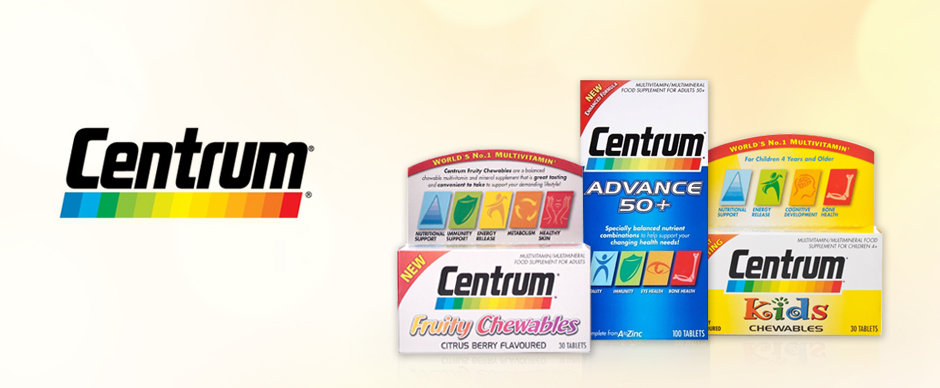
Selenium
Selenium is involved in the manufacture of antioxidant compounds that help cells function properly, support the immune system, and prevent damage from free radicals — rogue forms of oxygen that damage cells contributing to ageing and disease.
Selenium helps the body manufacture selenium-containing proteins called, ‘selenoproteins’. Some of these assist vitamins E and C - which are also antioxidants - to provide cells with an even stronger defence against free radicals. Selenium is also involved in the conversion of thyroid hormones to their active forms. Thyroid hormones influence nearly all metabolic processes in the body.Quick Summary
Selenium supports the immune system and prevents damage to cells and tissue.
Why is Selenium important?
When oxygen interacts with cells some get damaged and become ‘free radicals’. Free radicals are also generated from external toxins such as air pollution and cigarette smoke. By helping manufacture antioxidants selenium protects the body from cell damage.
Recommended Daily Allowance (RDA)
55 µg
Where can you find Selenium?
- Tuna
- Meat
- Whole grains
- Broccoli
- Onions
- Fish
Selenium functions
- Contributes to the protection of cell constituents from oxidative damage
- Contributes to immune function
- Contributes to normal thyroid function
- Contributes to normal spermatogenesis
- Contributes to the maintenance of healthy nails and hair

